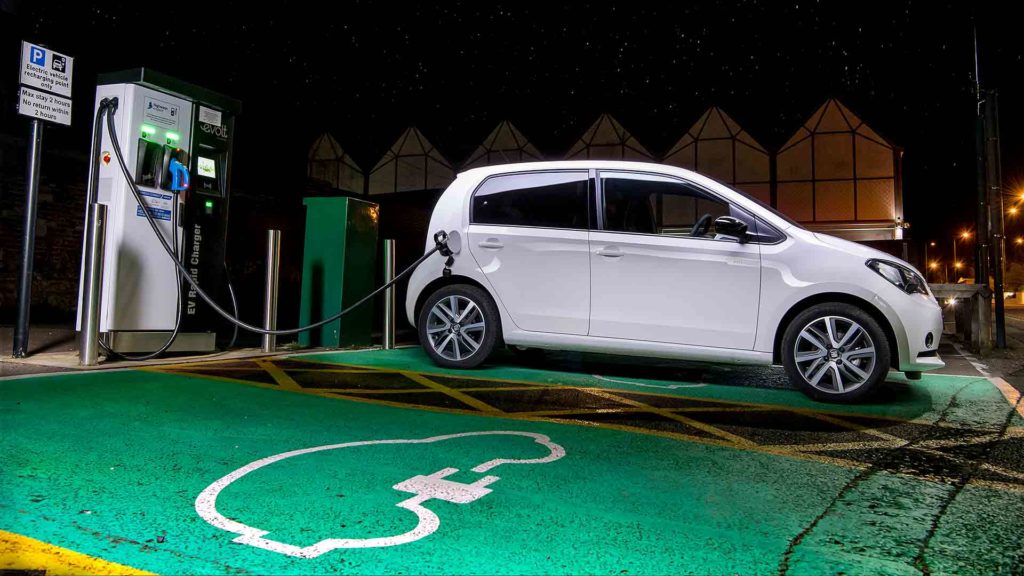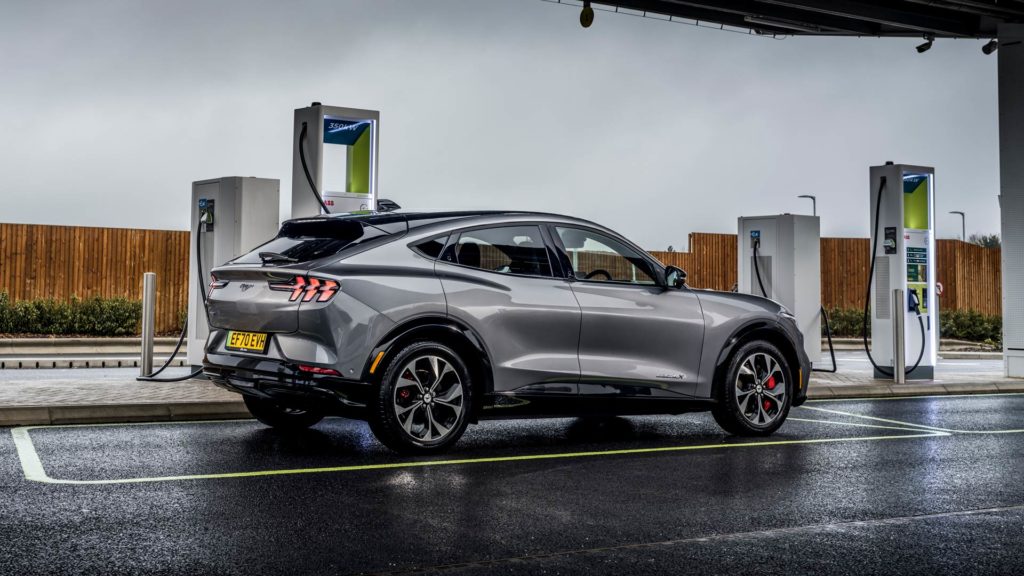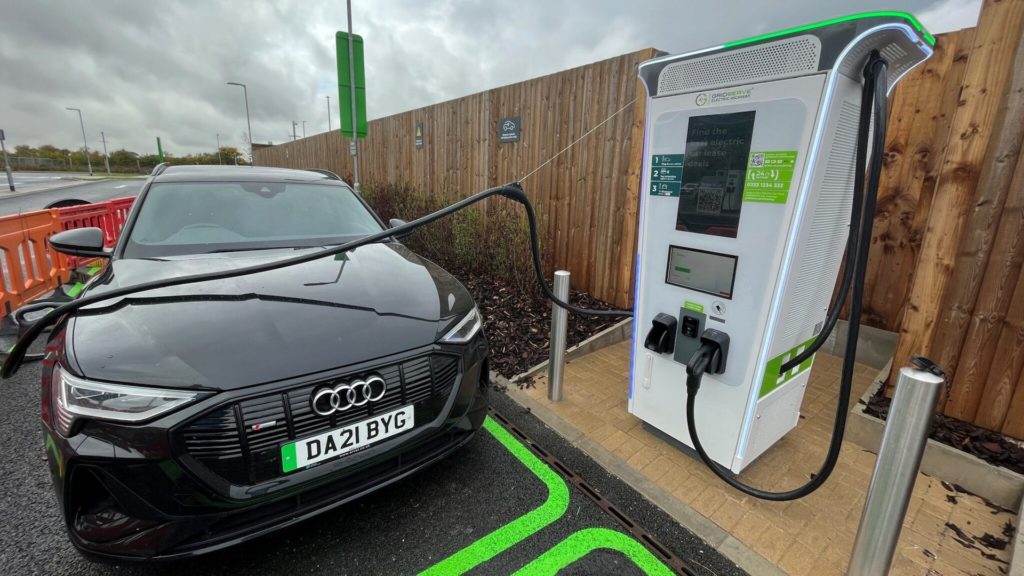Nearly all British drivers overestimated the number of breakdowns caused by electric vehicles running out of charge.
A staggering 99 percent of the drivers surveyed by the AA incorrectly estimated how often EVs suffer from a flat battery.
Such misconceptions undoubtedly contribute to ‘range anxiety’: the fear of running out of battery charge. However, the reality of owning an electric car, certainly if you have off-street parking with a charger at home, is much less stressful.
Not an EV problem

The AA poll asked more than 14,500 drivers how often they thought electric cars needed to be rescued after running out of charge.
On average, respondents believed 65 percent of EV breakdowns were caused by the drive battery having no power left.
In reality, in a sample of 13,000 electric vehicle breakdowns attended by the AA, less than four percent were due to the driving battery being flat.
Problems with tyres and the conventional 12-volt battery, used for starting and powering the car’s ancillaries, such as headlights or the infotainment, were actually the top two reasons for EV breakdown callouts. Interestingly, the same is true for cars powered by petrol or diesel engines.
Going the extra mile

In 2021, the AA also asked drivers to estimate the average range of a fully charged electric car. An average range of 200 miles was identified by a quarter (25 percent) of respondents. Only six percent believed that EV range averages 100 miles.
Such figures tally with a separate survey undertaken by Ford to assess attitudes towards the 2035 ban on combustion cars. The Go Electric report found 25 percent of those asked believed electric cars could travel 151 to 200 miles when fully charged.
Ford subsequently set three Guinness World Records with the electric Mustang Mach-E (pictured above), covering the equivalent of more than 500 miles on a single charge.
Ready to make the switch

AA president Edmund King OBE commented: “As we fast approach the 2030 [now 2035] ban on new petrol and diesel sales, more drivers are thinking about electric cars.
“However, there are still concerns about the existing charging infrastructure and single charge range. Likewise, most drivers totally overestimate the percentage of breakdowns due to running out of charge.
“As more charge points, especially rapid chargers, are installed across the country, the number of cars failing to reach one will further reduce, providing more confidence to drivers to help them make the switch.”
ALSO READ:
How long do electric car batteries last?
What is electric car preconditioning and why should I use it?

